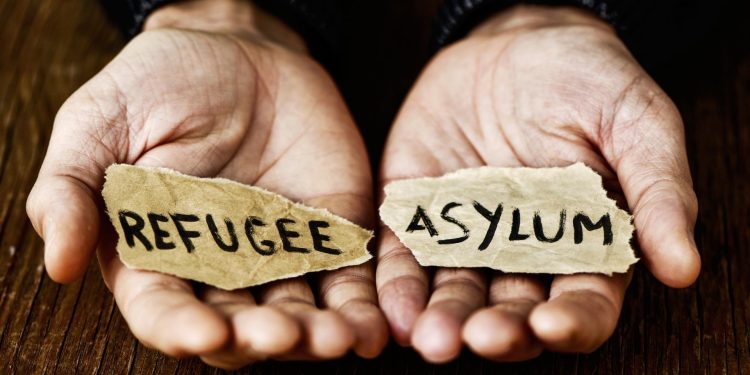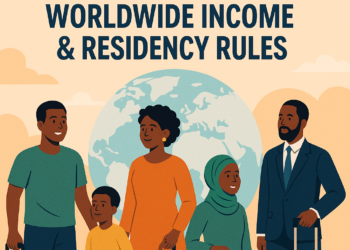The UK government has introduced a stricter interpretation of its citizenship rules, a move that could significantly impact refugees and other migrants seeking to become British citizens. The changes, which take effect from February 10, 2025, will make it much harder for individuals who entered the country illegally to naturalise as British citizens, even if significant time has passed since their entry.
Key Changes to Citizenship Criteria
The updated guidance, detailed in pages 50 and 51 of the Good Character assessment, establishes new restrictions for applicants who arrived in the UK through irregular means. The changes include:
- Automatic Refusal for Illegal Entrants – Anyone applying for British citizenship from February 10, 2025, who previously entered the UK illegally will generally be refused. This applies regardless of how long ago the illegal entry took place.
- Review of Applications Before the Cut-Off Date – For those applying before February 10, 2025, cases will still be assessed individually. However, illegal entry within the past ten years will still generally lead to a refusal.
- Restriction Based on ‘Dangerous Journeys’ – The new policy explicitly targets those who arrived without valid entry clearance via hazardous means, such as crossing the Channel in small boats or hiding in vehicles. Those who arrived as passengers on commercial airlines, however, will not be affected by this clause.
Financial and Political Implications
Applying for British citizenship is an expensive process, with a non-refundable application fee of £1,630. Under the new rules, many eligible individuals may be discouraged from applying due to the high risk of refusal.
Additionally, recent surveys indicate that a majority of UK voters, including Labour supporters, believe refugees should have a pathway to citizenship regardless of how they arrived. This policy change, therefore, lacks broad public support and has been criticized as harmful to social integration efforts.
Government Justification and Legal Precedents
The UK Home Office has positioned this policy as a replacement for the citizenship ban under the Illegal Migration Act 2023. Government officials argue that it strengthens border control and ensures that only those who follow legal migration pathways are granted British citizenship.
During a parliamentary debate, a government minister clarified that exceptions will only be made in ‘exceptional and compelling’ circumstances. However, critics argue that this leaves too much discretion in the hands of caseworkers, leading to unpredictable outcomes and potential miscarriages of justice.
Concerns Over Refugee Protection
Many legal experts and refugee advocates warn that these restrictions contradict international obligations under the 1951 Refugee Convention. Article 31 of the convention states that refugees should not be penalized for illegal entry if they present themselves promptly and have valid reasons for their arrival.
Despite this, the UK’s updated policy does not explicitly exempt refugees from these restrictions. This creates significant uncertainty, particularly for those who were previously granted asylum but entered the UK through irregular means.
Impact on Children and Family Reunification
Although there has been speculation about an exemption for children, the guidance does not offer any new protections. A caseworker may exercise discretion if a child’s illegal entry was beyond their control, but the final decision remains subjective. This ambiguity means that families may still face barriers when applying for citizenship on behalf of children who arrived through irregular routes.
Conclusion
The UK government’s revised citizenship rules introduce long-term consequences for migrants who entered the country illegally, regardless of their circumstances. While officials defend the changes as necessary for maintaining immigration control, critics argue that they unfairly penalize refugees and hinder integration. As legal challenges and public debate unfold, the full impact of these restrictions remains to be seen.
This policy shift is particularly relevant for African and Nigerian migrants in the UK, as many have sought asylum or entered through irregular means due to political instability and economic hardship in their home countries. With citizenship applications now facing greater scrutiny, affected individuals must consider their legal options carefully before applying.












